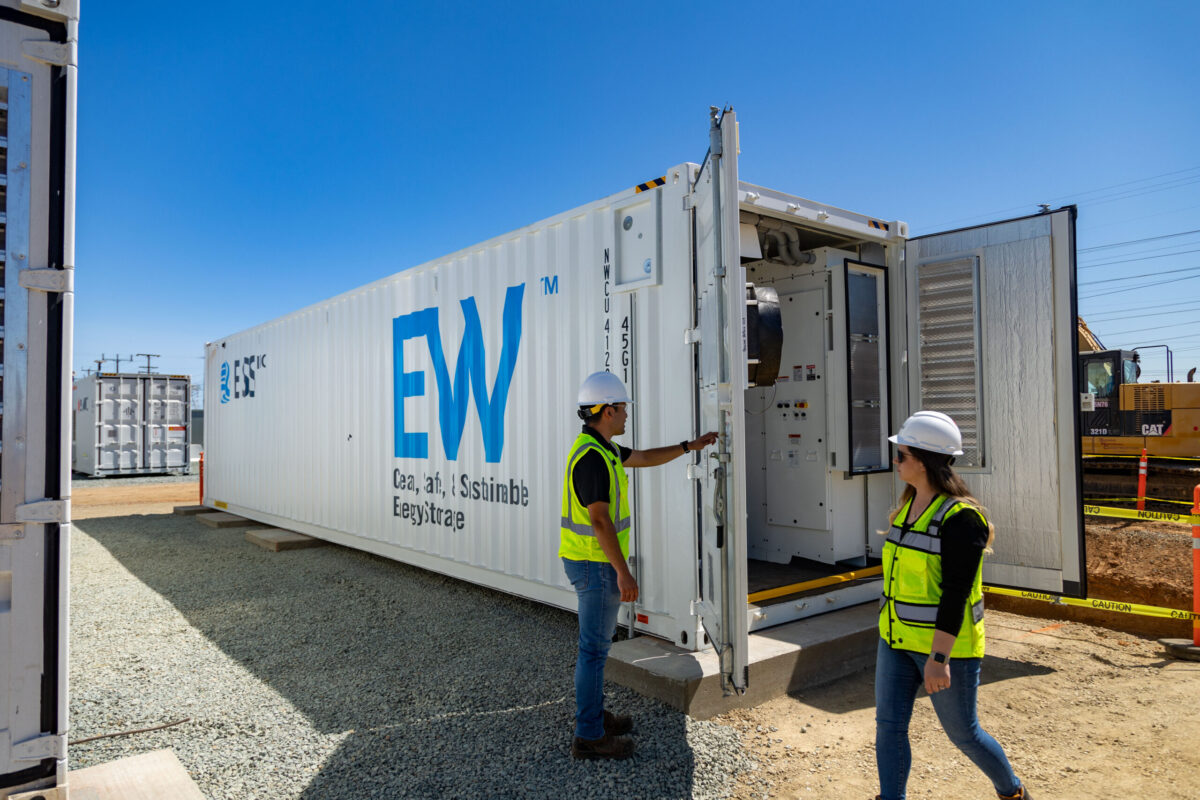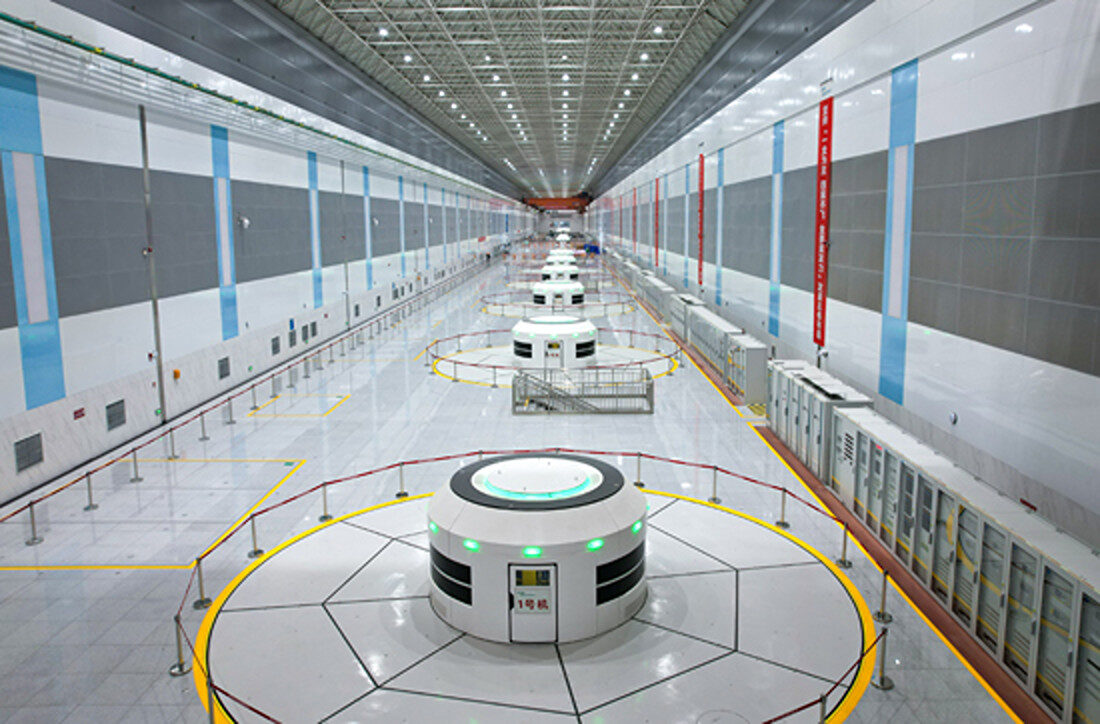From ESS News
While most long-duration energy storage (LDES) technologies are still early stage, flow batteries have already had significant commercial success due to their long cycle life, excellent recyclability, and low fire risk.
In one of the biggest developments in the field, the Sacramento Municipal Utility District (SMUD), the sixth-largest community-owned electric service provider in the US, has partnered with iron flow battery specialist ESS Tech, Inc. to deliver up to 200 MW/ 2 GWh of iron flow long-duration energy storage systems.
With the partnership closed in 2022, the project reached a new milestone last week with the approval of a $10 million grant from the California Energy Commission. The funding will be used for developing a 3.6 MW, eight-hour iron flow battery project, which is expected to set the foundation for future large-scale battery deployments and manufacturing at energy centers in Sacramento.
The project aims to showcase the capability and reliability of iron flow battery technology in supporting grid distribution and transmission systems as SMUD transitions to a carbon-free power portfolio by 2030.
Founded in 2011, ESS manufactures iron flow batteries using widely available materials such as iron, salt, and water. Designed for applications that require up to twelve hours of flexible energy capacity, the batteries are used in utility-scale renewable energy installations, remote solar-plus-storage microgrids, solar load-shifting and peak shaving, as well as other ancillary grid services.
To continue reading, please visit our ESS News website.
This content is protected by copyright and may not be reused. If you want to cooperate with us and would like to reuse some of our content, please contact: editors@pv-magazine.com.




By submitting this form you agree to pv magazine using your data for the purposes of publishing your comment.
Your personal data will only be disclosed or otherwise transmitted to third parties for the purposes of spam filtering or if this is necessary for technical maintenance of the website. Any other transfer to third parties will not take place unless this is justified on the basis of applicable data protection regulations or if pv magazine is legally obliged to do so.
You may revoke this consent at any time with effect for the future, in which case your personal data will be deleted immediately. Otherwise, your data will be deleted if pv magazine has processed your request or the purpose of data storage is fulfilled.
Further information on data privacy can be found in our Data Protection Policy.